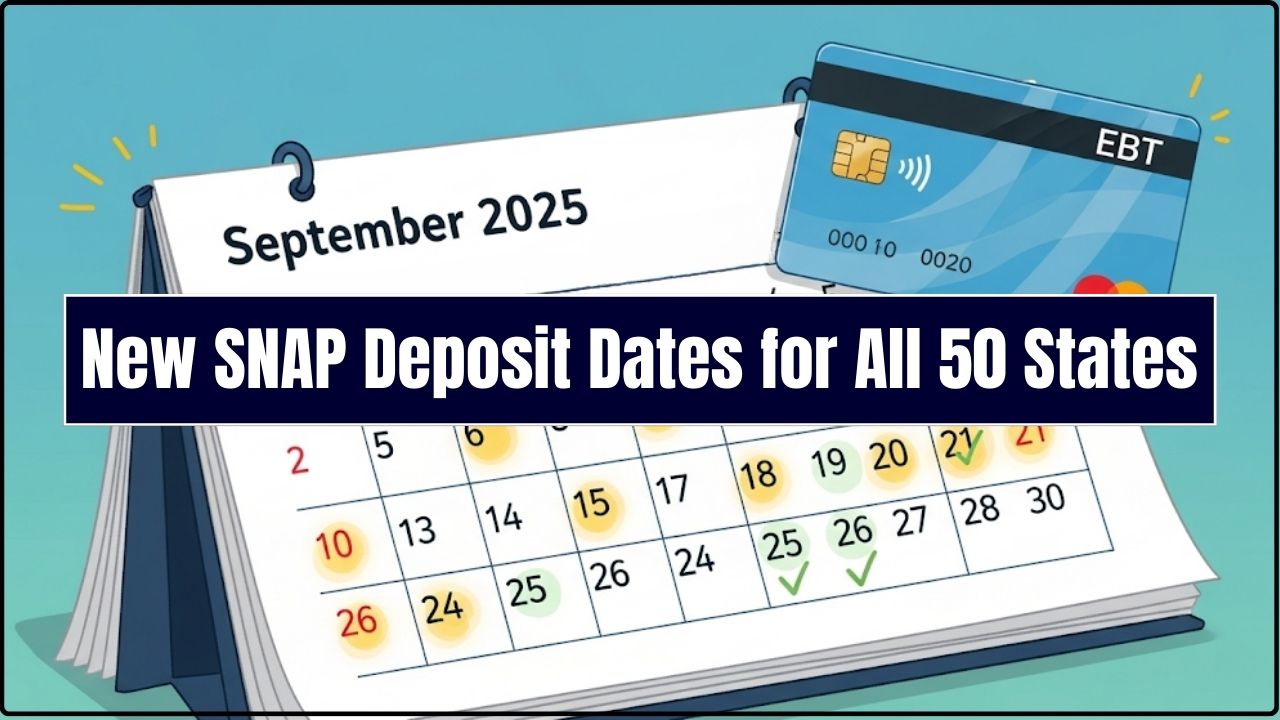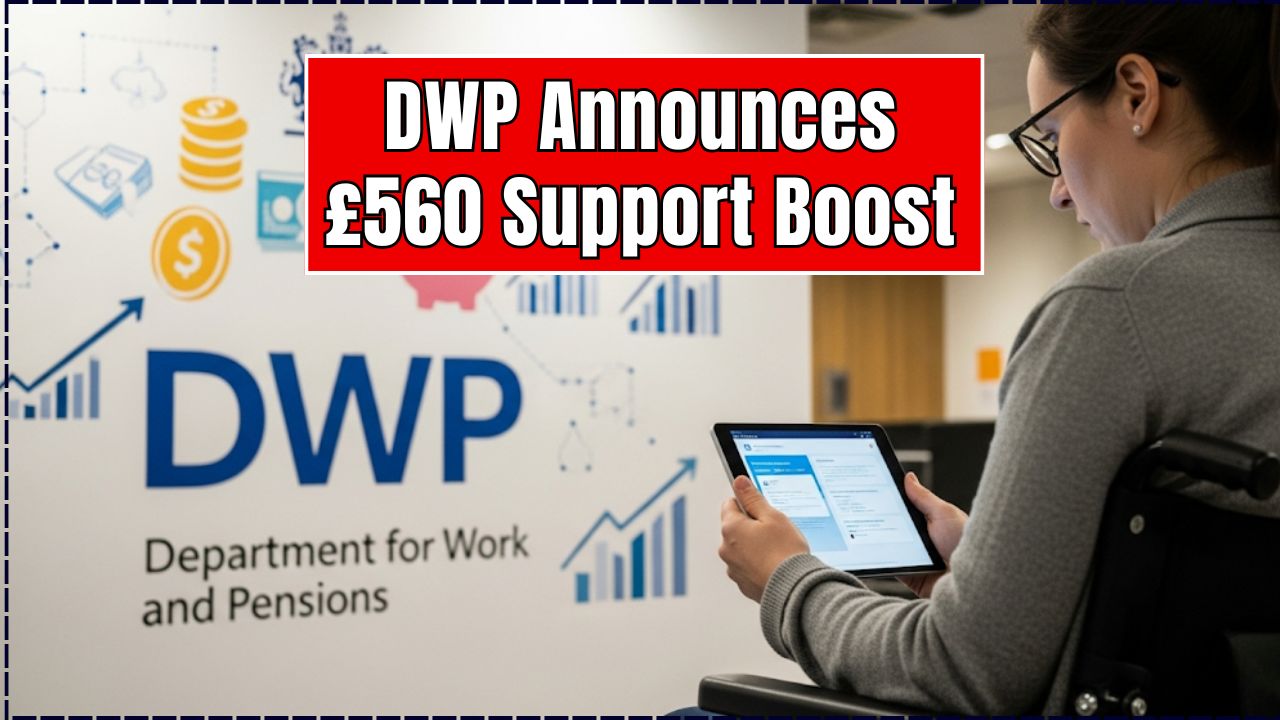September Brings 7 Key Financial Changes—From a £7,500 Childcare Boost to Big Bill Shifts is not just another headline—it’s a wake-up call for families, professionals, and businesses across the UK. Whether you’re a parent juggling daycare bills, a homeowner watching mortgage rates, or just trying to stretch your paycheck, this month’s changes are going to hit home.

Why September 2025 Is a Big Deal
Every September, the UK sees new financial policies and data drops. But this year feels especially huge. Between childcare reforms worth thousands, shifts in banking habits, and interest rate decisions that could affect every bill you pay, the ripple effect is massive.
And here’s the kicker: while policymakers talk in spreadsheets and forecasts, these changes will shape real lives. So let’s break it down in plain English—with stories, stats, and steps you can actually use.
September Brings 7 Key Financial Changes
| Date/Change | What’s Happening | Impact on You |
|---|---|---|
| Sept 1, 2025 | 30 hours of free childcare (ages 9m–4yrs) | Save up to £7,500/yr |
| Sept 1, 2025 | First Direct ends paper savings statements | Digital banking only |
| Sept 1, 2025 | Bank branch closures (NatWest, Lloyds, Halifax, BoS) | Shift to digital |
| Sept 16, 2025 | ONS wage growth data release | Influences BoE policy |
| Sept 17, 2025 | CPI inflation figures out | Inflation near 4% |
| Sept 18, 2025 | Bank of England interest rate decision | Impacts loans, mortgages, savings |
September 2025 is bringing 7 major financial changes that affect everyone—from parents to professionals. Whether it’s saving £7,500 on childcare, adjusting to digital banking, or bracing for the Bank of England’s rate call, being proactive can save money and stress.
Bottom line: stay alert, stay flexible, and take action where it matters most.
Timeline of Events: Childcare Funding
September marks a major milestone in the UK’s childcare expansion plan. Here’s how the full rollout looks:
- April 2024: Eligible working parents of two-year-olds became entitled to 15 hours of funded childcare.
- September 2024: This 15-hour offer was extended to eligible working parents of children from 9 months old.
- September 2025: The full, final phase begins, with eligible working parents of children from 9 months old to school age now able to claim 30 hours of government-funded childcare.
1. Free Childcare Expansion – Parents Score Big
Starting September 1, 2025, working parents with kids aged nine months to four years can claim 30 hours of free childcare. That’s a potential saving of £7,500 a year—money that could cover groceries, rent, or even a family holiday.
Example: Sarah, a single mom in Manchester, pays nearly £1,200 a month for full-time nursery. With the new entitlement, her bill could drop by almost half.
Action Step:
- Apply on Gov.UK Childcare.
- Even if you missed the August 31 deadline, apply ASAP—your benefits will just start later.
2. Bye-Bye Paper Statements – Digital Is Here
From September, First Direct will stop sending paper savings statements. Instead, you’ll need to log in online or use the mobile app.
While this saves paper and cuts costs, some folks feel uneasy about losing physical records.
Advice: If you want a paper trail, download your statements quarterly and keep them in a secure folder (or better yet, a fireproof safe).
3. Bank Branch Closures – The Digital Shift
Major banks—NatWest, Lloyds, Halifax, Bank of Scotland—are closing more branches this month. According to UK Finance, in-person banking use has dropped over 60% since 2014.
Case in Point: John, 68, from Leeds, worries about losing his local branch. But a new “shared banking hub” nearby—where multiple banks operate under one roof—means he can still withdraw cash, deposit checks, and get help.
Action Step:
- Search for shared hubs or Post Office alternatives.
- If you’re not tech-savvy, ask your bank about digital training programs.
4. Wage Growth Data – A Policy Trigger
On September 16, the ONS releases wage growth numbers. Why does this matter? Because it tells us whether paychecks are keeping up with prices.
If wages outpace inflation, workers feel richer. But if wages rise too fast, it pressures the Bank of England to hike rates.
Pro Insight: In the US, similar data drives Federal Reserve decisions. It’s like watching a basketball scoreboard—the numbers decide the next play.
5. Inflation Update – The Cost of Living Pulse
The August CPI inflation data lands on September 17. Experts expect around 4%—still double the BoE’s 2% target.
That means even if you’re getting raises, the price of eggs, milk, and gas may eat away at gains.
Checklist for Households:
- Compare your budget against inflation.
- Negotiate bills (yes, even broadband and insurance).
- Use loyalty schemes—supermarkets often offer hidden discounts.
6. Interest Rate Decision – Mortgage Holders Watch Out
On September 18, the Bank of England will reveal its latest interest rate move. After cutting to 4% last month, speculation is high.
- Homeowners: Variable mortgage holders could save or lose hundreds based on a tiny rate shift.
- Savers: Expect weaker returns if rates fall further.
- Businesses: Loans may get cheaper, helping cash flow.
Example: A £200,000 mortgage could cost £500 more or less per year depending on just a 0.25% change.
Action Step:
- If your fix is ending, shop around now.
- Use comparison tools like MoneySavingExpert to find the best deal.
Before & After the Boost
| Feature | Pre-September 2025 (Children aged 9 months – 2 years) | Post-September 2025 (Children aged 9 months – school age) |
| Weekly Funded Hours | 15 hours per week | 30 hours per week |
| Annual Savings | Varies, but significantly lower | Up to £7,500 per year (on average) |
| Eligibility | Children aged 9 months to 2 years | Children aged 9 months to school age |
| Term Time | 38 weeks of the year | 38 weeks of the year (or spread over 52 weeks) |
How This Impacts Your Career and Finances
- Job Market: If wages grow but inflation stays high, employers may freeze hiring.
- Entrepreneurs: Falling rates can mean cheaper business loans, fueling growth.
- Students/Graduates: Loan interest often ties to inflation—watch this carefully.
Top 3 Mistakes to Avoid with the Childcare Boost
- Mistake #1: Not applying early enough. To secure your place for the September term, you must apply by the end of August. Missing the deadline could mean you have to wait until the next term to get your code.
- Mistake #2: Forgetting to reconfirm. Your eligibility code needs to be reconfirmed every three months. Set a reminder in your calendar or phone so you don’t lose your funding.
- Mistake #3: Not asking about “extra” fees. While the hours are funded, nurseries may still charge for meals, nappies, or extra activities. Always get a clear breakdown of what’s included and what’s not.
FAQs
Q1. What’s the easiest way to check if I qualify for free childcare?
Visit Gov.UK Childcare and use their eligibility checker.
Q2. Will all bank branches close?
Not all, but closures will keep rising. Shared banking hubs are popping up to fill the gap.
Q3. How can I prepare for inflation?
Track personal expenses, cut luxuries, and focus on essentials. A meal plan and bulk buying help.
Q4. Should I lock in my mortgage rate now?
If you need certainty, yes. If you’re comfortable with risk, waiting could benefit you if rates fall again.












